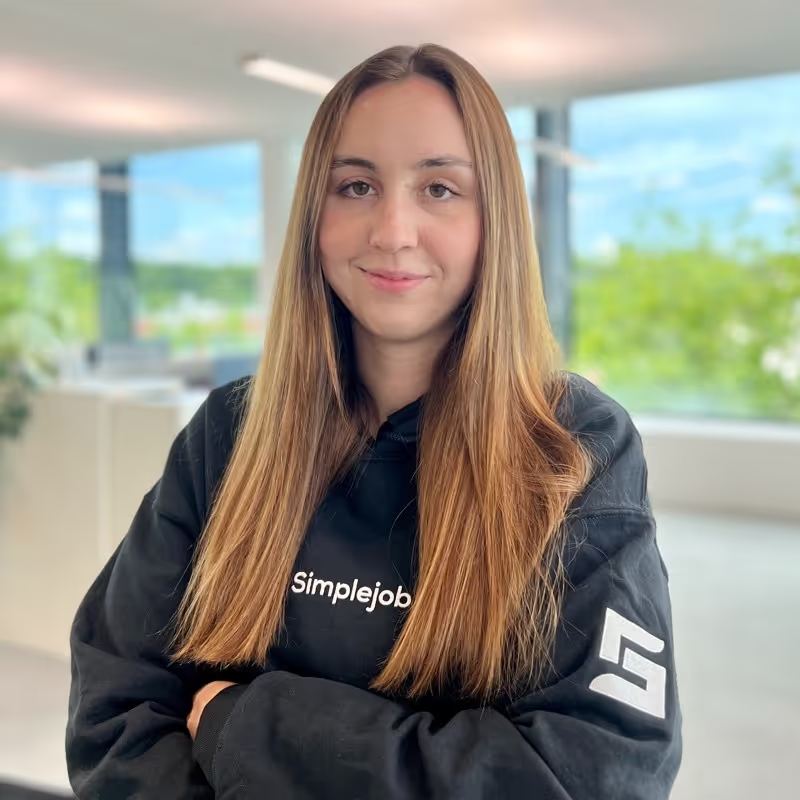How does the recognition of foreign training courses work?
.avif)
Why recognition of foreign qualifications is important
Imagine that you come to Germany, are motivated to get off to a good start, and have a solid education — but many employers don't know what your qualifications are really worth. This is where recognition comes in: It shows German employers that your qualifications and skills obtained abroad meet local standards.
For some professions, such as doctors, teachers or engineers, recognition is even a must because there are certain requirements and laws. Without this proof, you are often not allowed to practice your job. Even for professions without these strict requirements, such as many technical or creative professions, recognition can still be helpful. It shows that you are professionally qualified and makes it easier to score points in the application process.
In the next section, we will look at which professions need recognition and how the process differs.
Regulated vs. non-regulated professions: What is the difference?
In Germany, we differentiate between regulated and non-regulated professions. This distinction is important because it determines whether or not you need formal recognition of your education.
- Regulated professions: Are those that are protected by law and may only be practiced with a recognized degree. These include healthcare professions such as nurses, specialists and physiotherapists, as well as certain technical professions and education professionals.
- Non-regulated professions. Formal recognition of your qualification is not absolutely necessary here. However, recognition can help you because it makes your degree more transparent for employers and increases the chances of you finding a suitable job. Recognition can be of great help, particularly in sought-after industries such as logistics, crafts and technology, as it makes your degree clearer and more transparent for employers.
Step by step through the recognition process
The recognition process may sound complicated at first, but don't worry — we'll go through the most important steps here so you know what's in store for you. As a first step, you should clarify which profession in Germany is closest to your degree. There are advice centers and online tools for this purpose, such as “Recognition portal” from the Federal Ministry of Education and Research, which shows you which German professions match your qualifications.
As soon as you have found your suitable German reference job, it's time to Submitting an application. You usually need the following documents:
- Proof of your professional qualification
- A detailed overview of your professional education and experience
- ID card or passport
- If applicable, evidence of professional experience, if you have gained it in your job
It is important that all documents are available in German. If the original is in another language, you need certified translations made by a certified interpreter.
After submitting the documents, the competent authority will check whether your qualification meets the requirements of the German reference qualification. If differences are identified, you will be informed about possible adaptation qualifications or exams that will allow you to bring your qualification up to German standards.
What to do if there are differences with German qualifications?
It may happen that your education or professional experience from abroad does not fully meet German requirements. But don't worry — even in this case, there are ways to achieve full recognition. If significant differences to the German reference qualification are identified, you have various options:
1. Complete adaptation qualifications:
In many cases, you can make up for missing qualifications through targeted adjustment measures. These can consist of additional courses, training or practical assignments that provide you with the necessary knowledge and skills to meet German standards. Educational institutions or even chambers often offer special adjustment programs that are tailored directly to recognition requirements.
2. Take the aptitude or knowledge test:
For certain regulated professions, you have the option of taking an aptitude or knowledge test. This exam is intended to ensure that you master the professional skills required for the German job market. The type of examination depends on the respective professional field and can include theoretical, practical or oral parts.
3. Demonstrate professional practice:
If you already have extensive professional experience, this may be recognized as compensation for differences. The length and type of professional experience plays a role here, and depending on the profession, proof of a certain number of years of professional experience can close a gap in the qualification profile.
These options offer you flexibility and show that even if there are differences with German qualifications, there are ways to get full recognition.

Shape your career path in Germany with Simplejobs
Simplejobs supports international professionals to successfully start their career in Germany. What we offer you:
- Targeted job offers: Access to jobs in the most sought after industries that match your qualifications and recognized degree.
- Network with employers: We work closely with companies that are looking for qualified international specialists — this is how we increase your chances of finding a suitable job quickly.
- Support in the application process: From looking for a job to preparing for interviews, we're with you every step of the way.
- Long-term perspective: Our goal is to help you not only get started, but also to establish yourself professionally in the long term.





